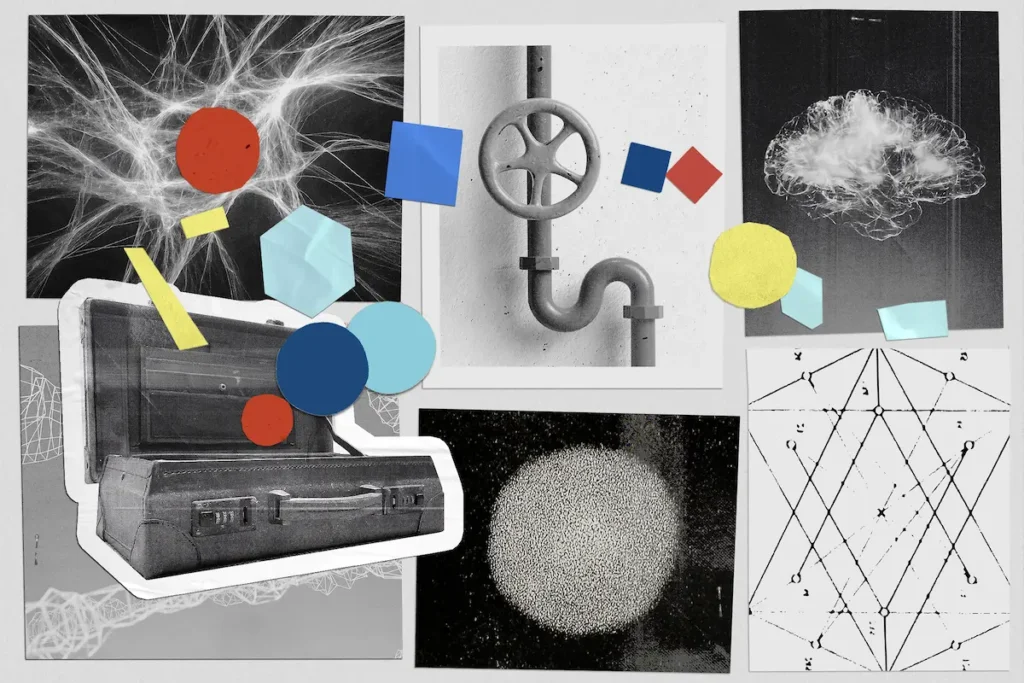Lauren N. Ross is associate professor of logic and philosophy of science at the University of California, Irvine. Her research concerns causal reasoning and explanation in the life sciences, primarily neuroscience and biology. One main area of her research explores causal varieties—different types of causes, causal relationships and causal systems in the life sciences. Her work identifies the features characteristic of these causal varieties and their implications for how these systems are studied, how they figure in scientific explanations and how they behave. A second main area of work focuses on types of explanation in neuroscience and biology, including distinct forms of causal and noncausal explanation.
Ross’ research has received a National Science Foundation CAREER award, a Humboldt Experienced Researcher Fellowship, a John Templeton Foundation Grant, and an Editor’s Choice Award at the British Journal for the Philosophy of Science. Recent publications include “Causation in neuroscience: Keeping mechanism meaningful” with Dani S. Bassett in Nature Reviews Neuroscience and a forthcoming book, “Explanation in Biology” (Cambridge University Press: Elements Series).




